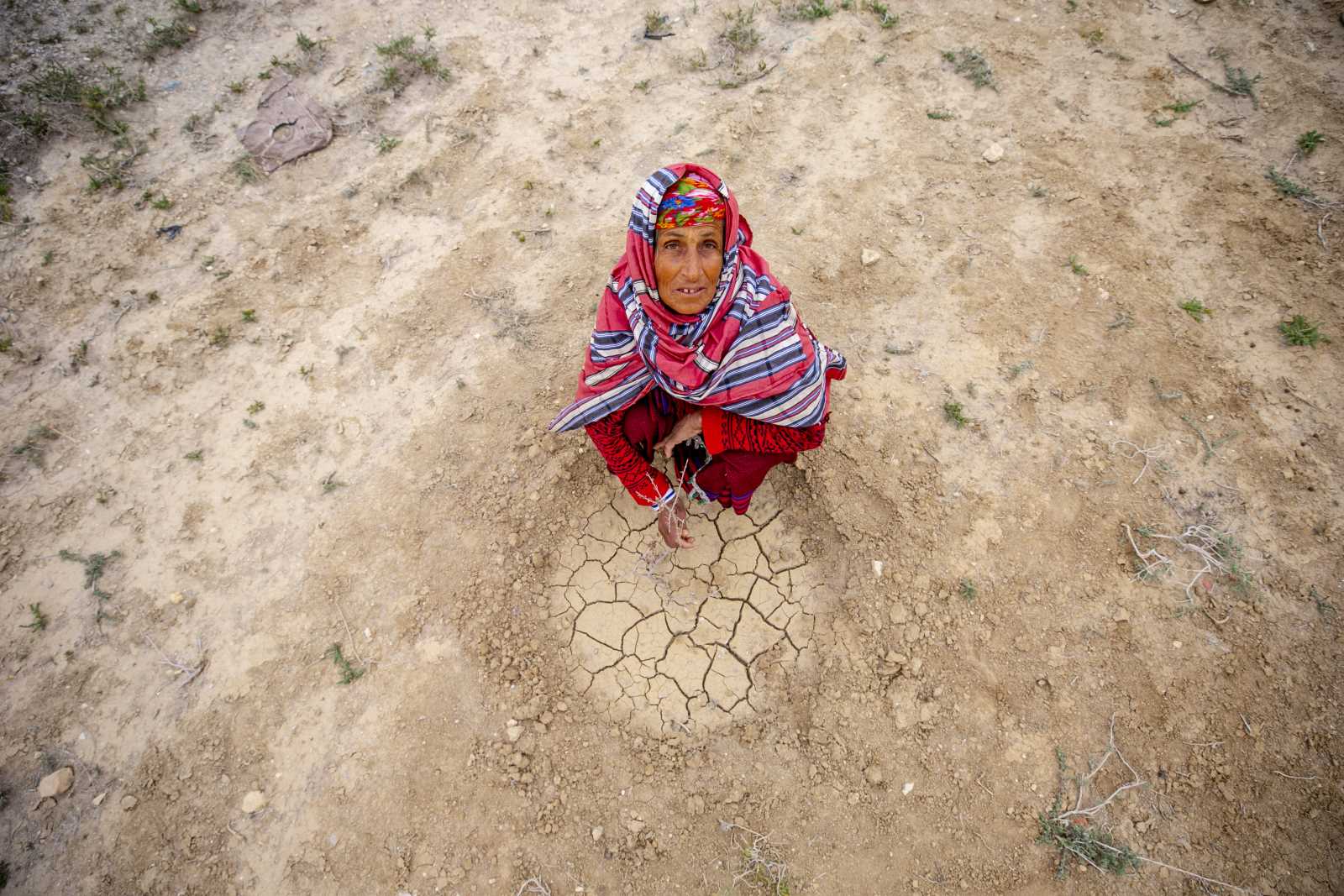Private Sector
Untapped business potential

Olubukunola George has made it. She founded Health Plus, a pharma merchant in Lagos, Nigeria’s financial centre, and is now the company’s chief executive. Getting there was not easy, and the fact that she is female made things more difficult. She says that she only understood what opportunities she had when studying in Britain. In Nigeria, no one had made her aware of her rights systematically. Today, she considers “education and awareness raising on women’s rights” to be crucial.
Bola Adesola agrees. She works for Standard Chartered Bank in Nigeria and says that civil society and government agencies must cooperate on enlightening people. In her experience, women make important contributions to development, because they invest their incomes in health, education and general welfare of their families. Reaching out to this target group matters, says Adesola: “We must encourage women to regard banks as partners.”
Access to financial services
This view is shared by Women’s World Banking, an international network that links 39 finance-sector companies in 27 countries. Mary-Ellen Iskenderian is the network’s president. She reports that member institutions invested some $ 10 billion in financial services for women in the past four years. Micro credit for micro entrepreneurs was only part of the product portfolio, which also includes regular loans, insurances and investment services.
Iskenderian is particularly proud of an agreement reached with Nigerian banks. The banks committed to raising women’s share in their workforce by 40 % in the medium run. The quota, moreover, applies to management positions too. This kind of policy, according to Iskenderian, will have an impact on “how banks operate and how they design their products”. In her eyes, a first sign of progress is that many partner banks now understand the “great potential” of women clients.
Unfortunately, that understanding cannot be taken for granted. In many countries, women entrepreneurs and business leaders still face more obstacles than their male counterparts do. According to the World Bank, there is business-related gender-specific discrimination in 102 of 141 countries. As a result, many women stay in the informal sector, with negative consequences for productivity. In the World Bank’s view, a country cannot fully develop as long as it disregards half of its population.
Access to financial services remains a core issue. All too often, women struggle to get credit, and many fail, says Peer Stein of the International Finance Corporation IFC, the World Bank subsidiary that supports private-sector investments. Stein says that women only own about one percent of land globally, so they often lack collateral. He points out that their economic potential remains untapped because banks do not consider them clients. The IFC is cooperating with banks internationally to improve matters. Stein told a conference hosted by the IFC in Frankfurt in November that his institution offers partners refinancing for gender-related financial products.
In many countries, women depend entirely on their husbands. Without the spouse’s signature, they cannot make deals, Tania Moussallem of the Beirut-based BLC Bank says. She emphasises the relevance of cultural gender stereotypes. In Lebanon, according to her, women are not fully included in the workforce and not fully recognised by the financial sector.
“There is too little awareness of women and their economic potential,” Moussallem says. The BLC Bank considers it important to reach out to this target group. Raising awareness among bank staff is crucial, the manager argues, otherwise women clients will never be taken into account fully. The BLC Bank, according to her, is designing specific financial services for women, in order to allow them to grasp business opportunities. Moussallem stresses the importance of entrepreneurship trainings for women as a means of encouraging them to start businesses.














